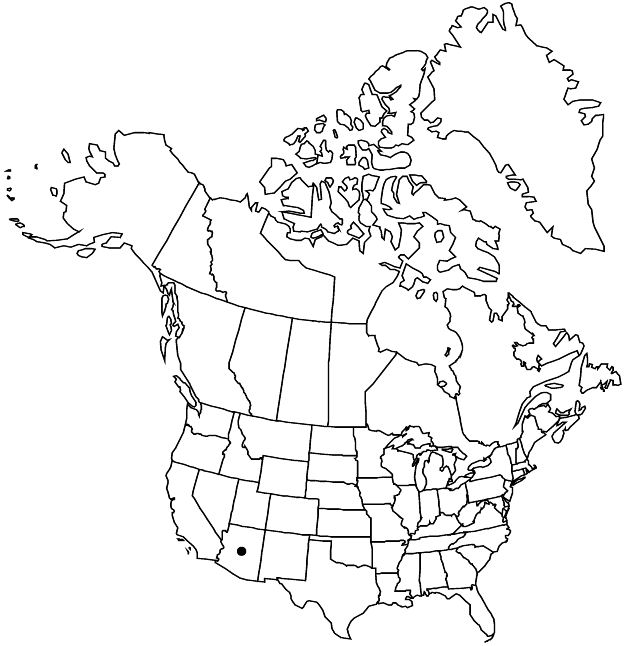familyRosaceae
subfamilyRosaceae subfam. Rosoideae
genusPotentilla
sectionPotentilla sect. Subviscosae
speciesPotentilla rhyolitica
Difference between revisions of "Potentilla rhyolitica var. chiricahuensis"
J. Bot. Res. Inst. Texas 1: 52, fig. 1H. 2007.
Common names: Chiricahua cinquefoil
Conservation concernEndemic
Treatment appears in FNA Volume 9. Treatment on page 186.
FNA>Volume Importer |
FNA>Volume Importer |
||
| Line 56: | Line 56: | ||
|publication year=2007 | |publication year=2007 | ||
|special status=Conservation concern;Endemic | |special status=Conservation concern;Endemic | ||
| − | |source xml=https://jpend@bitbucket.org/aafc-mbb/fna-data-curation.git/src/ | + | |source xml=https://jpend@bitbucket.org/aafc-mbb/fna-data-curation.git/src/f6b125a955440c0872999024f038d74684f65921/coarse_grained_fna_xml/V9/V9_278.xml |
|subfamily=Rosaceae subfam. Rosoideae | |subfamily=Rosaceae subfam. Rosoideae | ||
|tribe=Rosaceae tribe Potentilleae | |tribe=Rosaceae tribe Potentilleae | ||
Revision as of 20:36, 24 September 2019
Stems 0.2–1(–1.5) dm. Leaves green; long hairs of petioles 1–2(–3) mm; leaflets: hairs common, rarely dense. Flowers 1–5; filaments 2–3 mm; carpels 5–10, styles (2–)2.5–3 mm. Achenes 2 mm, smooth.
Phenology: Flowering May–Jun.
Habitat: Rocky openings, in mixed conifer forests
Elevation: 2700–2900 m
Discussion
Of conservation concern.
Variety chiricahuensis is known only from the Chiricahua Mountains (Cochise County). It differs from the typical variety in being less densely hairy, with somewhat longer and coarser hairs and larger achenes. It is also less likely to be found rooted in outcrops, favoring rocky flats.
Selected References
None.
Lower Taxa
None.
